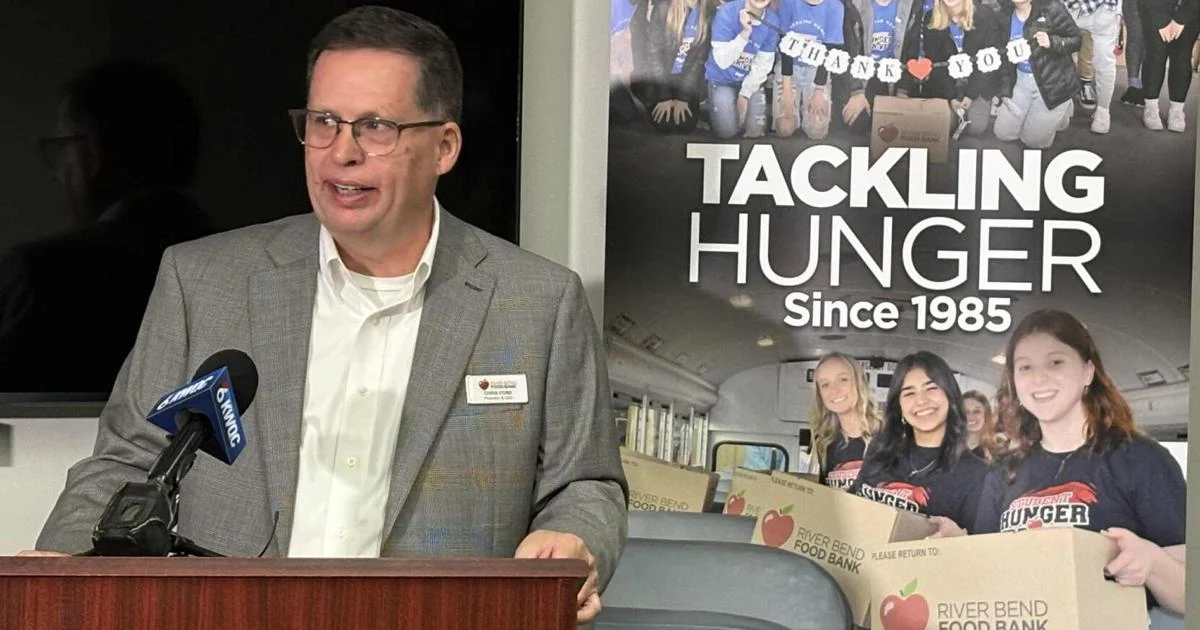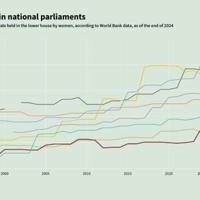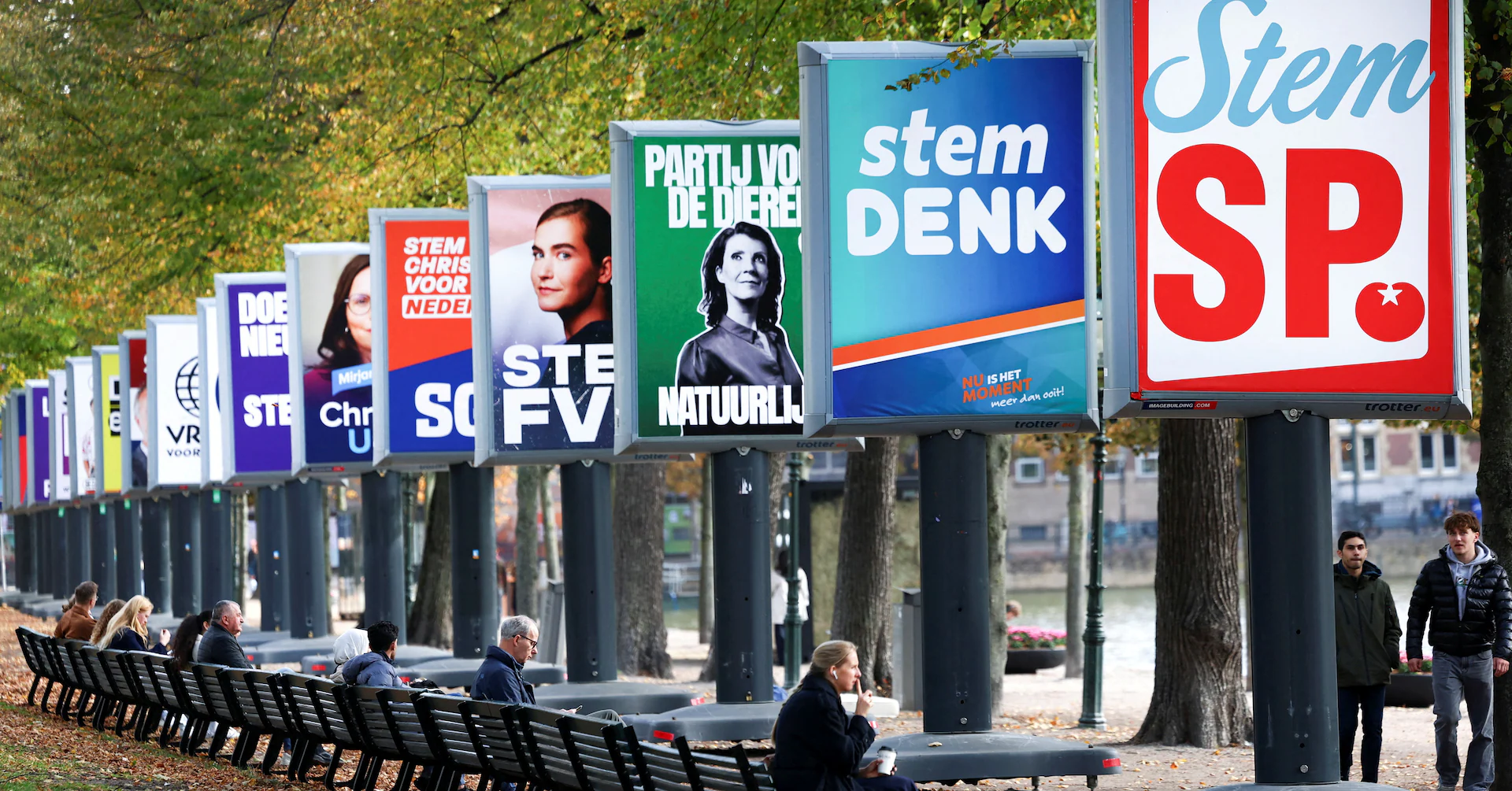Copyright Cable News Network

As President Donald Trump danced on the tarmac in Malaysia, met Japan’s emperor in Tokyo, and accepted a gold crown in South Korea, one key question kept following him – would he hold a surprise meeting with North Korea’s Kim Jong Un? On several occasions Trump made public overtures that he’d “love” to meet Kim while in the region. It could have been a made-for-TV sequel to his surprise 2019 visit at the demilitarized zone (DMZ), when Trump made history as the first sitting US president to step foot on North Korean soil. In the end it never came together. And in Pyongyang, just a few hundred miles away, it was like Trump’s trip never happened. There were no headlines. No television news reports. No mention of the US president’s offer to “work very hard with Kim Jong Un” to bring peace to the Korean peninsula. Even as Trump’s entourage rolled through Asia and speculation swirled about a possible reunion between the two leaders, North Korean state media stayed silent. American filmmaker and manager at Young Pioneer Tours Justin Martell just returned from an eight-day trip to Pyongyang, where he was attending an international film festival that happened to coincide with much of Trump’s Asia trip. He said most people he spoke with in Pyongyang didn’t even know Trump was in the region, and none were aware that Trump wanted to meet Kim again. “They weren’t negative about it,” he told CNN. “They weren’t overly hopeful either. They just kept repeating Kim Jong Un’s recent remarks — that while he has warm memories of President Trump, politics are different from feelings.” Martell said the tone wasn’t hostile, just detached. “It was more or less, ‘Here’s how we feel right now. If it happens, great. If not, it doesn’t really change much.’” That matter-of-fact indifference marks a striking change from 2018 and 2019, when Trump’s summits with Kim — first in Singapore, then in Hanoi, and later at the DMZ — gripped both capitals and dominated global headlines. Fast forward to 2025 and Trump’s overtures barely registered. But there’s good reason for that. Only last month Kim stood side-by-side with China’s Xi Jinping and Russia’s Vladimir Putin in the heart of Beijing at a historic military parade in an unprecedented and historic show of unity against the West. Kim now has Moscow for weapons deals and oil, Beijing for trade, and a domestic narrative of resilience under sanctions and heroism on the battlefield in Ukraine. Frankly, a handshake with the US President no longer carries the weight it once did. Why the meeting didn’t happen Trump said the missed meeting with Kim Jong Un was “a matter of timing.” “We never were able to talk because… look I was so busy,” Trump told reporters on Air Force One Thursday after departing from South Korea and ending his Asia tour. North Korea’s Foreign Minister Choe Son Hui was also away on a diplomatic mission of her own this week. She first flew to Russia for a meeting with Vladimir Putin to discuss strengthening ties before speaking at an international forum in Belarus. That made it logistically impossible for North Korea’s top diplomat to help arrange any last-minute meeting between Kim and Trump as she did in 2019, when Choe helped pull together the DMZ meeting just hours after Trump posted on social media he wanted to meet Kim. Instead, North Korea test-fired cruise missiles to the west of the Korean peninsula ahead of Trump’s visit during which he held a summit with South Korea’s president Lee Jae Myung. But as Martell’s conversations in Pyongyang suggest, timing may be only part of the story. North Korea simply may no longer feel strongly compelled to say yes. Kim has made his terms clear: he’ll meet Trump only if Washington abandons what he calls its “absurd obsession” with denuclearization. In a September speech, he said he still has “fond memories” of Trump, but that his country “will never trade away nuclear weapons to be free of sanctions.” In other words, the deal Trump offered six years ago – trading sanctions relief for disarmament – is no longer on the table. North Korea wants to be recognised as a nuclear armed state. What Martell saw in Pyongyang underscores why. The North Korean elite in Pyongyang – whose support is crucial to maintaining national stability, despite Kim’s near-absolute power – appear to be enjoying a higher living standard than previously, with more access to modern technology and amenities. For the elite, at least, sanctions have done little to dent their lives. Even South Korea’s President Lee seems to recognize the challenges in bringing Kim to the table. In an interview with me this week, Lee said he hopes Trump can act as a “peacemaker,” while Seoul plays “pacemaker” — creating the conditions for dialogue that remain “difficult” to achieve directly. “If the two leaders of the United States and North Korea could suddenly get together,” Lee said, “we would welcome such engagement.” High rises and traffic jams in ‘Pyonghattan’ Martell had not been to Pyongyang since 2017. The capital’s development over the past eight years, despite sanctions and the extreme isolation of the Covid-19 pandemic stunned him. “It used to feel much less developed compared to others in the region,” he said. “Now, honestly, Pyongyang feels very much like a modern city.” He described futuristic high-rises, residents paying with QR codes, and new domestic apps for ordering taxis, food, and social media. “What used to take twenty minutes now takes forty,” he said, referring to the traffic. “We kept joking with our Korean guides that it was Pyonghattan” because it has developed so much. Inside the capital’s new Hwasong District, he dined at sleek restaurants offering both Asian and Western menus, with high-end liquor on display. He says all the restaurants were full of locals dining when he visited. Private car ownership was once rare and politically sensitive. Now, it’s common enough to cause occasional traffic jams in busy areas. “There seems to be a burgeoning middle class now,” Martell said. Even outside the capital, he saw evidence of growth. Traveling two hours north to Mount Myohyang, he noticed new housing under construction. “For farmers, too,” he said. Despite sanctions, he said, “the DPRK seems to be in a much different position than it was ten years ago.” At a national gallery near Kim Il Sung Square, he saw new murals commemorating 80 years of the Workers’ Party. Toward the end, one section vividly depicted North Korean soldiers fighting for Russia. “Large North Korean-style murals of soldiers fighting Ukrainians — and winning,” he said. Even North Korean cinema has evolved. At the Pyongyang International Film Festival, Martell watched Days and Nights of Confrontation, a new state-produced thriller dramatizing a real-life plot to assassinate Kim Jong Il. The film featured violence, modern production values, and even brief nudity — all unheard-of in North Korean films. “A character getting suffocated with a plastic bag — that’s something I’ve certainly never seen in a DPRK movie,” he said, referencing the abbreviation for North Korea’s official name. Trump’s portrait still ‘front and center’ Despite the silence around Trump’s latest Asia visit, he has not been erased from Pyongyang’s official memory. Martell’s group was the first Western delegation in years to visit the International Friendship Exhibition, a sprawling mountainside museum that displays gifts and artifacts from foreign dignitaries. Taking photos inside the exhibition is strictly forbidden. “In the section devoted to Kim Jong Un, there were the expected photos — Putin, Lavrov, Xi Jinping, Dennis Rodman,” Martell said. “And President Trump was still there, displayed very prominently.” Based on my experiences traveling to the country, if the door were truly closed to future dialogue, that photo would probably have been removed. “It’s still displayed very much front and center,” Martell said. And Trump has indicated he still wants to meet Kim when he next comes to Asia. “We’ll have other visits, and we’ll work very hard with Kim Jong Un and with everybody on getting things straightened out,” he told reporters on Wednesday.



